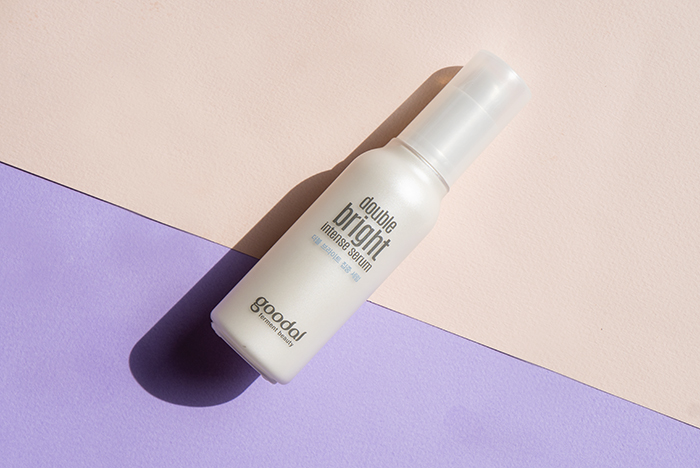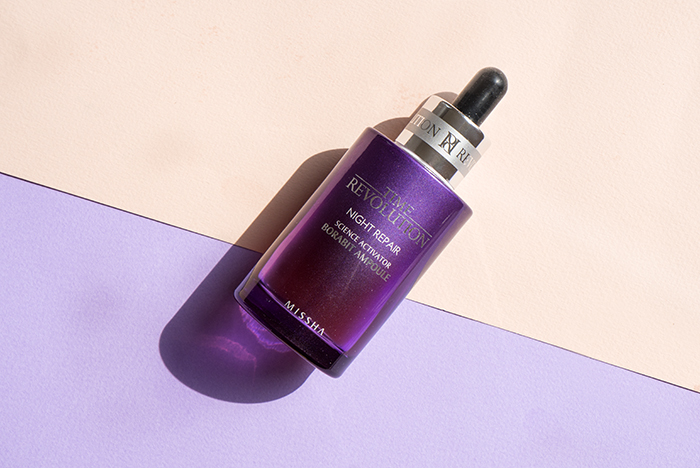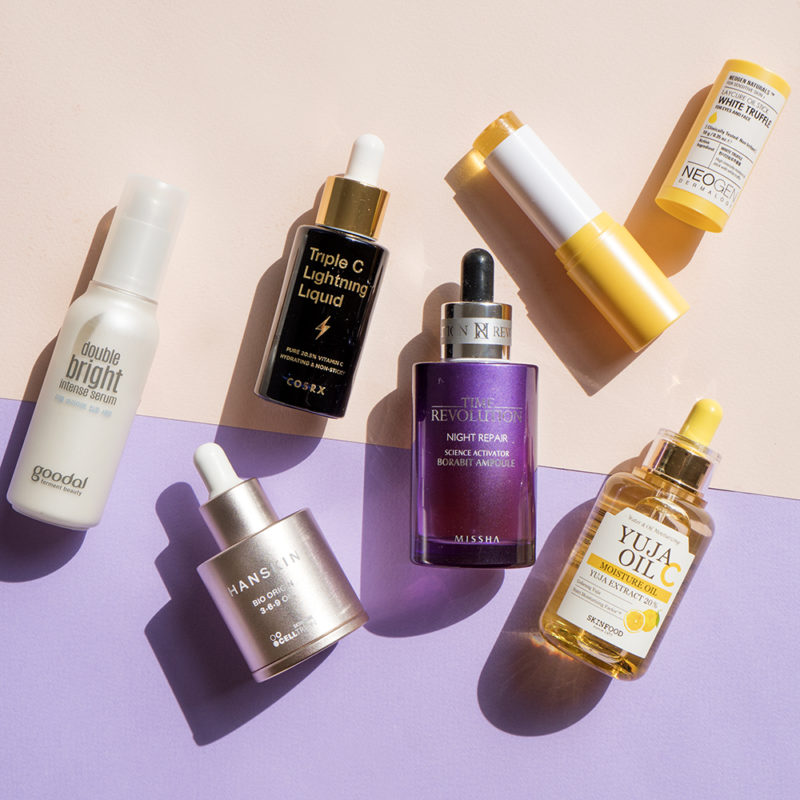Serums, oils, and now oil-serums?! What’s the difference between serum and face oil? Keep reading to find out.
Serums are a vital step in anyone’s skin care routine; they provide the skin with concentrated formulas that combat a variety of different issues.
And sure, we know you’ve probably heard all about serums (and probably use one on the regular) but what about facial oils? They’ve been making quite a fuss lately and have become trendy enough to be considered must-have items in a routine. But what exactly is the difference between these two skin treatments? Plus, do you need to use both? Let’s find out.
First, let’s break down the difference between the two:
Serums

Serums are skin treatments that contain highly concentrated ingredients made to penetrate deep within the skin. The ingredients in serums are molecularly formulated to be smaller in size, increasing their ability to reach the furthest layers of the epidermis. Serums are usually made of combination of water (depending on the formula) plus actives, like peptides, antioxidant rich vitamins, or resurfacing ones like glycolic or alpha hydroxy acids. When we say actives, we mean any ingredient that affects the function of the skin. For example, peptides increase collagen production. This is why serums are made to reach those buried skin layers that are harder to reach with moisturizers.

Serums are a vital part in your routine because they help to repair or protect your skin from a variety of concerns such as aging, hyperpigmentation, and acne. Serums come in an array of different consistencies from thin and watery ones to thicker, gel-like ones. These differences in viscosity and formula make certain serums more appropriate for a particular skin type or concern.
For example, the Goodal Double Bright Intense Serum is enriched with Paeonia Japanoica extract, a blend of eight fermented plant extracts that brighten skin and fade pigmentation, while the Missha Time Revolution Night Repair New Science Activator Ampoule is packed with Bifida Ferment Lysate, which works to visibly reduce the signs of aging. This makes the Missha serum more appropriate for those who wish to target wrinkles. Either way, serums are an essential part of your routine that can help you to reach your skin care goals quicker.
Oils
Oils provide nutrition and hydration to the skin. Facial oils usually contain plant extracts and essential oils which provide the skin with lipids. These lipids help to fortify the moisture barrier and keep your skin balanced. They also help to protect it from environmental damage which can lead to acne and premature aging. In most cases, the main difference between serums and oils is that oil molecules are much larger and serve to penetrate only the outermost layers of the skin. In fact, an oil blend can contain hundreds of different sized molecules. This makes them more suitable as moisturizers rather than as serums.
Even though most oils only serve to boost hydration that doesn’t mean they’re not equally as important in your routine. Oils help to increase moisture which is a fundamental part in keeping your skin healthy. This is highlighted by the Neogen White Truffle Laycure Oil Stick, which is enriched with vitamin B-rich white truffle. This special ingredient helps to repair the skin, keeping it strong and protected. Another great example, is the Skinfood Yuja Oil C Moisture Oil, which contains yuja oil extracts that work double time to nourish and brighten the skin. Despite oil’s inability to penetrate the skin further, they still work to provide essential ingredients that help to nourish the skin.
What about hybrid products?
This is where the confusion comes in. There are plenty of oil-based serums on the market which are a mix between the two products. These products claim to deliver the concentrated ingredients of a serum while deeply nourishing the skin like an oil. It is possible that if the blends are formulated correctly (read: smaller molecules and increased barrier permeability), they can serve to nourish the skin while force-feeding it concentrated additives, but make sure to read the ingredient list before purchasing to know exactly what concentrations of ingredients are in the formula.
Even though these products can create confusion within the market, they’re great for those who are looking to cut down their routines. If you’re busy, traveling, or simply just too tired to go for the full ten step routine, you can reach for a multi-tasking product to give you an extra boost. For example, the Neogen White Truffle Serum in Oil Drop, RE:P Nutrinature Ultra Moist Gel Oil, and the Goodal Keratina Anti-Aging Double Serum can work to deliver the best of both worlds.
Bottom line:
Both serums and facial oils can serve a purpose in your routine but ultimately, it’s all about choosing one that will work for your skin type and skin goals. If you want brighter, more even skin you could use a serum like the Cosrx Triple C Lightning Liquid or if you want to deeply moisture the skin while smoothing out fine lines and wrinkles, you can reach for the Hanskin Bio Origin 369 Oil. Just keep in mind that you should layer them appropriately from lightest to thickest consistency to ensure your products have a chance to absorb and work effectively.
